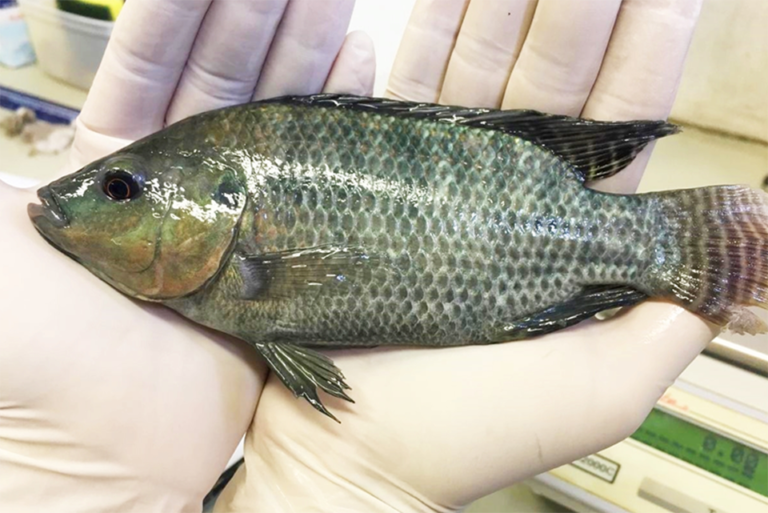
Aquafeeds
Effect of exogenous enzymes in plant-based diets on growth of Nile tilapia fingerlings
Exogenous enzymes phytase and a xylanase-β-glucanase mixture can, individually or combined, improve growth performance of juvenile Nile tilapia.
Intelligence
A chemical that causes fish protein powder to smell can be removed by tailoring enzymes – promising for protein shakes and meal replacements.

Aquafeeds
Exogenous enzymes phytase and a xylanase-β-glucanase mixture can, individually or combined, improve growth performance of juvenile Nile tilapia.

Aquafeeds
Food digestion involves digestive enzymes to break down polymeric macromolecules and facilitate nutrient absorption. Enzyme supplementation in aquafeeds is a major alternative to improve feed quality and nutrient digestibility, gut health, compensate digestive enzymes when needed, and may also improve immune responses.

Health & Welfare
Cathepsin D alone and in combination with other cathepsins presents the greatest proteolytic activity on some fish muscles.
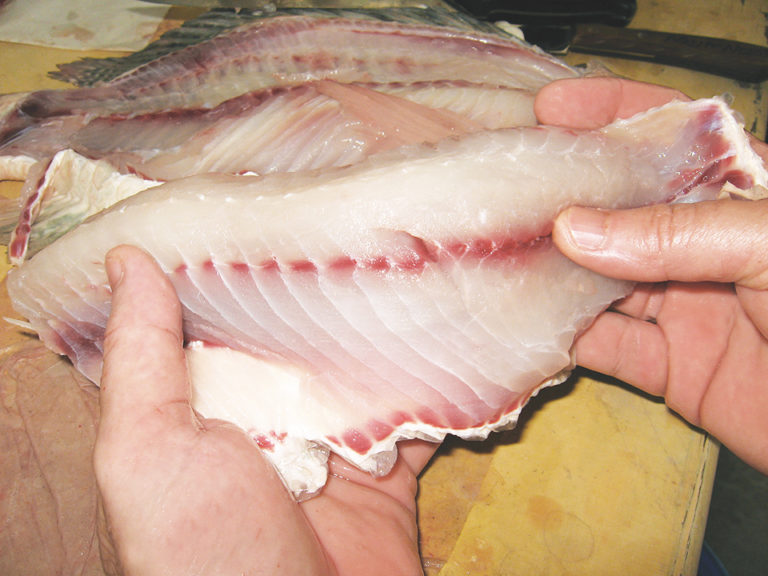
Health & Welfare
Cathepsins B, D and L are considered critical in fish muscle post-mortem modifications or gel softening during the setting of surimi.
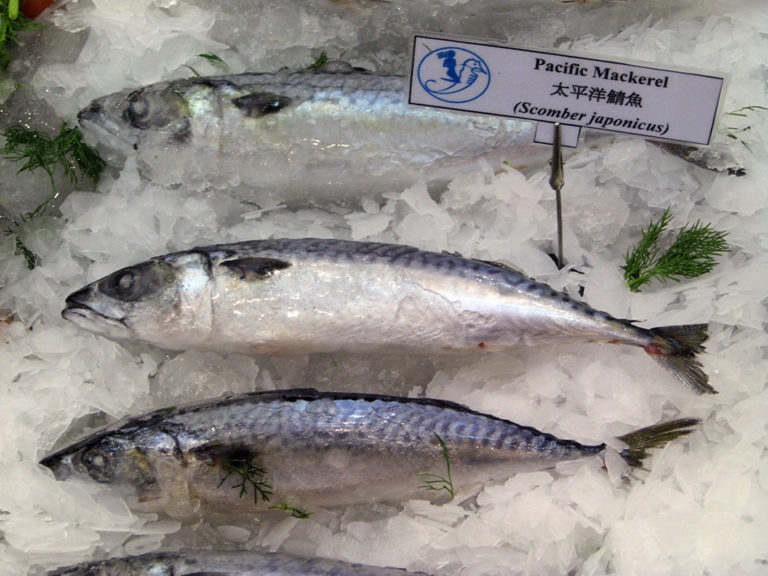
Intelligence
Protease enzymes are important industrial enzymes that have diverse applications in food, leather, silk and the agrichemical and pharmaceutical industries. Fish are considered one of the richest sources of proteolytic enzymes.
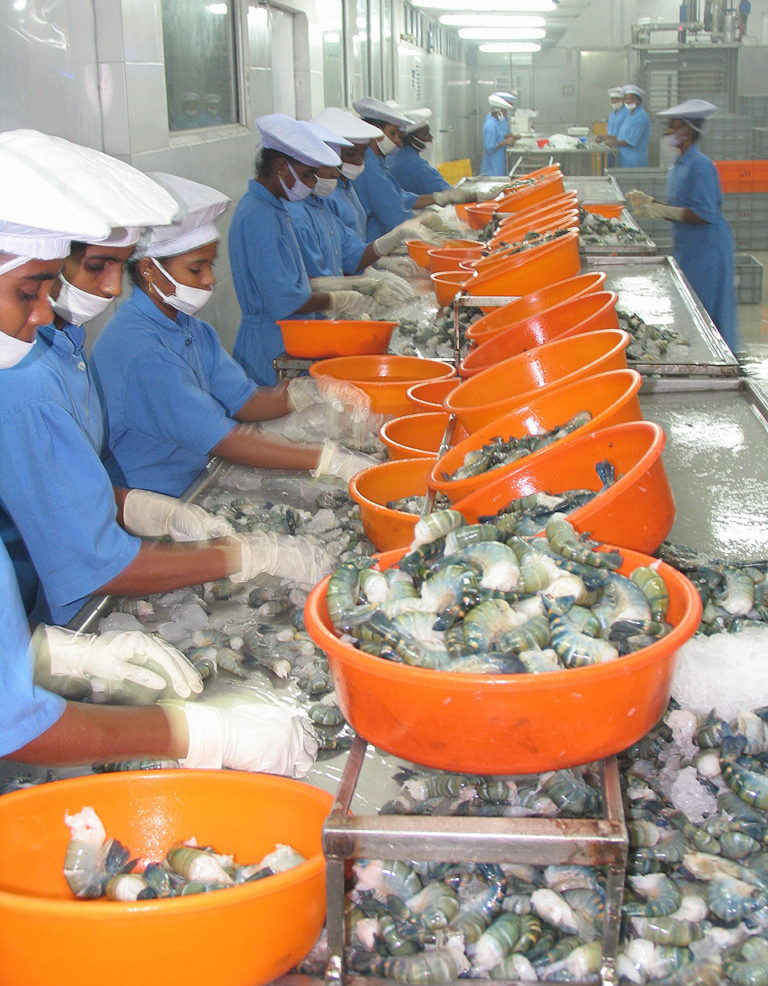
Intelligence
Digestive enzymes in fish can cause post-harvest tissue degradation, an effect that is most pronounced when connective tissue is affected. Some parasites produce enzymes that make seafood appear unsuitable for human consumption.
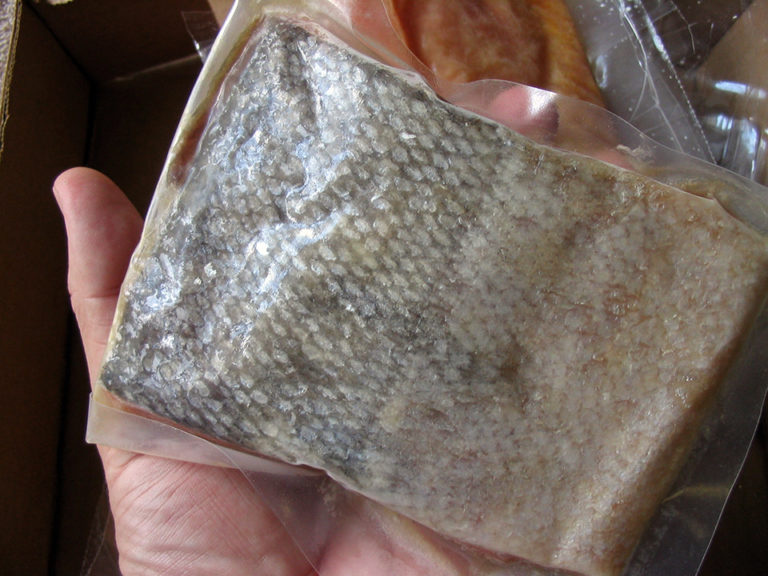
Intelligence
The most important factors in the loss of quality in seafood are nucleotide catabolism and glycolysis. The rates and pathways of nucleotide degradation vary with species and muscle type.

Intelligence
Enzymes are responsible for postharvest changes in seafood that impact product characteristics and reduce value. The odor of seafood is a direct result of enzyme activity.